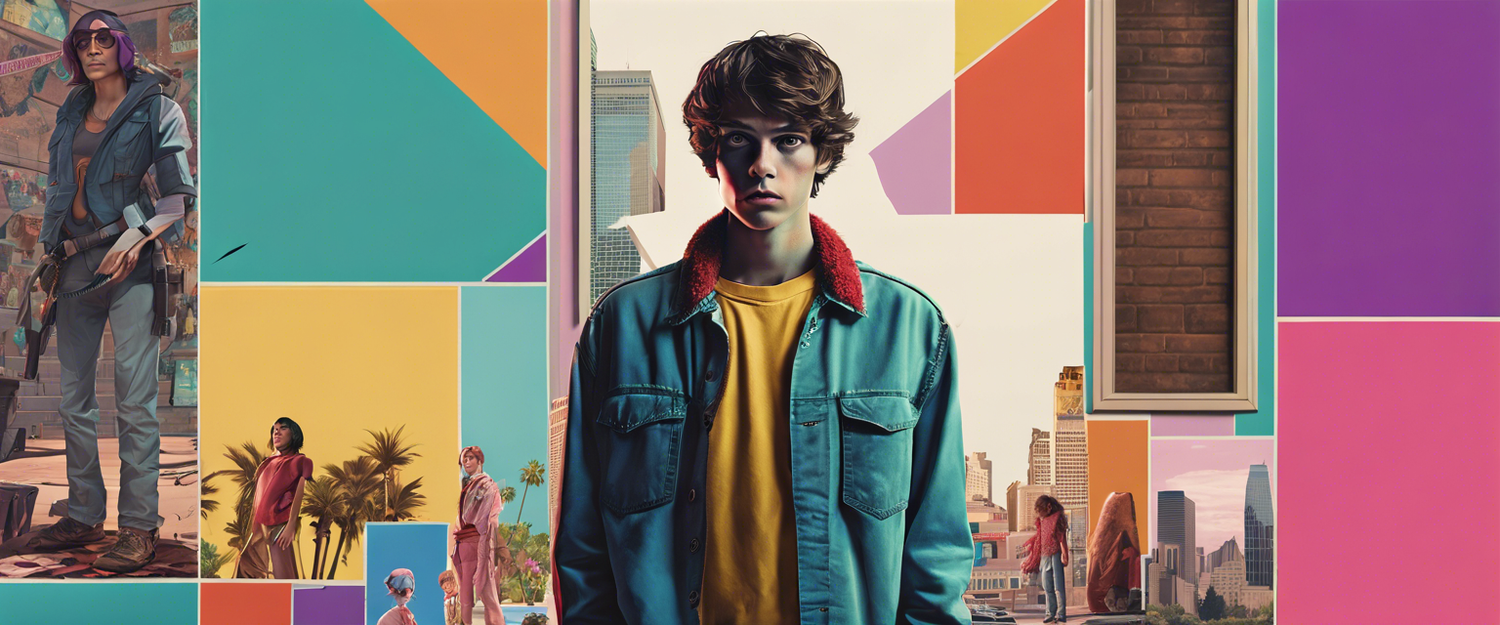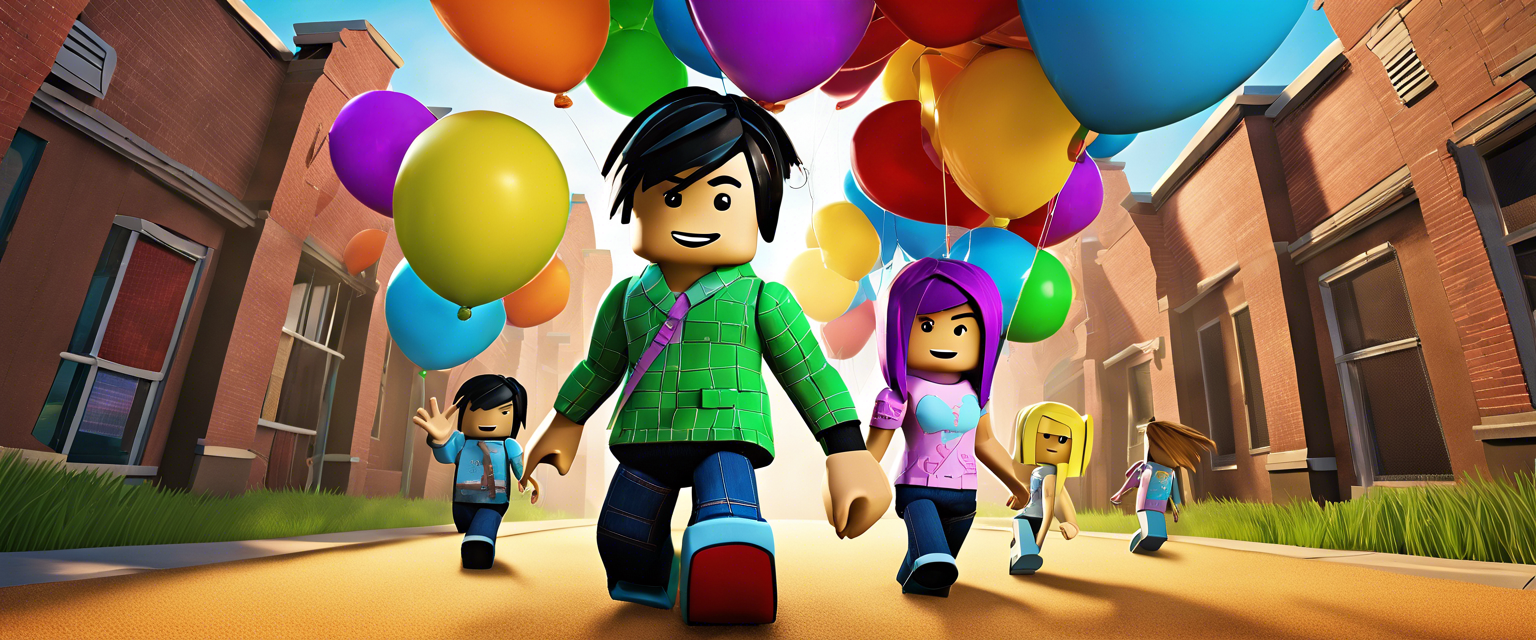A Lawsuit Against Character.AI Following Teen's Death
In a shocking turn of events, a major lawsuit has been filed against Character.AI, founded by Noam Shazeer and Daniel De Freitas, alongside tech giant Google, in relation to the tragic death of 14-year-old Sewell Setzer III. His mother, Megan Garcia, claims these entities are liable for wrongful death, negligence, deceptive trade practices, and product liability. The lawsuit alleges that the platform, which allows users to create custom AI chatbots, was "unreasonably dangerous" and lacked adequate safety measures, particularly considering its appeal to a younger audience.
The Background of the Case
Setzer began using Character.AI in 2023, particularly engaging with chatbots designed after popular characters from the well-loved TV series, Game of Thrones, including Daenerys Targaryen. Tragically, he took his own life on February 28, 2024, just moments after his last interaction with one of the bots.
Accusations Against Character.AI
The lawsuit articulates several serious accusations, notably that Character.AI anthropomorphizes its AI characters, misleading users into viewing these chatbots as more than mere programs. Moreover, the platform is criticized for offering what the lawsuit describes as "psychotherapy without a license." Setzer is reported to have interacted with AI models that offered mental health support, raising questions about the appropriateness of these interactions.
The Concerns Raised by the Family
Megan Garcia's lawyers have cited statements from Shazeer that highlight a troubling mindset regarding risk and responsibility. Shazeer allegedly expressed a desire to escape the confines of larger corporate structures to innovate more freely. This raises important discussions about accountability in the digital space and the risks associated with AI technology.
The User Demographics of Character.AI
Character.AI boasts a diverse array of custom chatbots, many derived from popular culture, catering largely to a young audience. Reports indicate that millions of teenagers and young children are among the platform's primary users, engaging with chatbots impersonating celebrities as well as fictional characters. This demographic vulnerability amplifies the need for robust protective measures.
Responsibility and Legal Implications
The unique characteristics of chatbots, particularly those like Character.AI that respond based on user input, complicate the legal landscape around user-generated content and liability. As the technology evolves, clear guidelines must be established to protect young and impressionable users.
Character.AI's Response to the Tragedy
In light of this incident, Character.AI has announced several initiatives aimed at improving user safety. Chelsea Harrison, communications head, extended condolences to the family and outlined the platform’s plan moving forward. Key changes include:
- New safety protocols for users under 18, reducing exposure to sensitive content.
- Enhanced detection and intervention strategies for inappropriate user interactions.
- A disclaimer on all chat screens, reminding users that they are engaging with AI and not real individuals.
- A notification system that alerts users after an hour of chat sessions, promoting breaks.
- A pop-up that directs users to the National Suicide Prevention Lifeline when concerning terms are detected.
Conclusion: The Path Forward
The stakes are high in the realm of AI technology, particularly when it comes to user interaction and mental health. This incident underscores the urgent need for comprehensive policies and user education surrounding AI platforms aimed at children and adolescents. With the tragic loss of Sewell Setzer III, the onus is now on Character.AI and similar companies to prioritize user safety and implement firm ethical standards to prevent such heart-wrenching events from occurring in the future.



Commenta
Nota che i commenti devono essere approvati prima di essere pubblicati.
Questo sito è protetto da hCaptcha e applica le Norme sulla privacy e i Termini di servizio di hCaptcha.